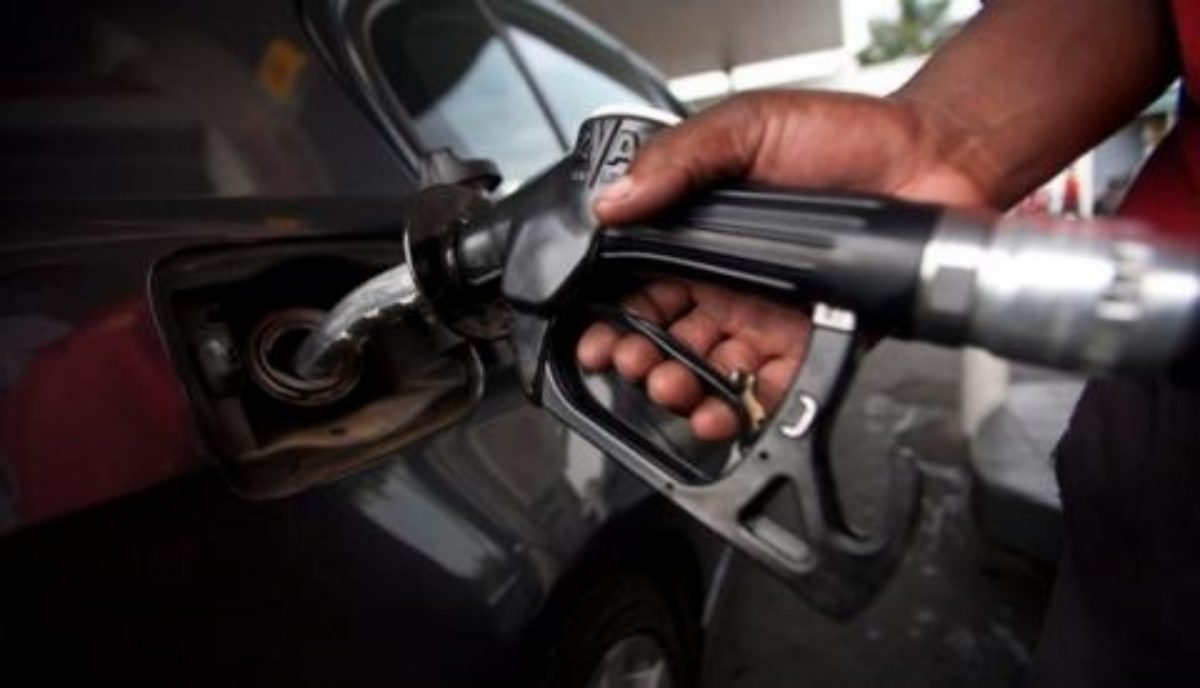Going by the words of Nigerian National Petroleum Company Limited (NNPCL) Group Managing Director/Chief Executive Officer (GMD/CEO) Mele Kyari, petrol will sell for between N320 and N340 per liter from February, next year.
Mr Kyayi, who said Nigeria would be out of the subsidy regime in the first quarter of 2022, explained that subsidy would have been eliminated this year, but for certain factors that prevented it.
However, the Federal Government is planning to give N5,000 each to 40 million Nigerians, representing 40 per cent of the country’s 200 million population, next year to coincide with the take off of the subsidy removal.
The NNPCL boss spoke in Abuja at the presentation of the November edition of the World Bank Nigeria Development Update, titled: “Time for Business Unusual.”
“There will be no provision for it legally in our system, but I am also sure you will appreciate that government has a bigger social responsibility to cater for the ordinary and therefore engage in a process that will ensure that we exit in the most subtle and easy manner,” Kyari said.
He assured that fuel subsidy removal would definitely be achieved in 2022 as it was now fully backed by law, adding that the price of the product may range between N320 and N340 per liter.
Kaduna State Governor Nasir El-Rufai assured of governors readiness to back the plan to eliminate the subsidy regime.
El-Rufai who gave the assurance as a panelist, joined the World Bank presentation virtually, saying that if the regime of fuel subsidy was not eliminated, 35 out of the 36 states of the federation may not be able to pay salaries next year.
According to him, kerosene which matters most to the masses had been regulated without any hitches, while diesel which was most important to transporters had also been regulated for a long time.
“This hullabaloo about petrol is something that we must as a country have a conversation and agree that it has to end,” the governor said. “We cannot continue to provide petroleum to our neighbouring countries, which is what we are doing.
“Why are we doing this? For whom are we doing it? Who is the beneficiary? Which is the cabal that is the beneficiary of this and why should they hold this country to ransom and bankrupt the Nigerian economy?
“Right now, we are losing N250 billion a month and this has to end. State governments are committed to supporting the Federal Government on this.
“We do our bit, engage stakeholders and put the facts on the table so that everyone understands the danger the country is in if the subsidy continues, as well as the benefits that will accrue.
“Not only to the budgets of the states and their capacity to deliver social services, but also what will go directly to the pockets of the poorest Nigerians that will bear the brunt of any withdrawal of subsidy.
“This is the position of the state governments and we met just a few days ago to take this position.”
According to him, governors saw the dangers in continuing on the path of petroleum subsidy and support policy measures needed to improve the fiscal situation, such as price stability.
This, he said, was by ensuring that there was alignment of the exchange rate and good coordination between fiscal and monetary policy.
TUC warns against unilateral removal of subsidy
The Trade Union Congress yesterday warned the Federal Government against ‘unilateral removal of petrol subsidy next year without organised Labour’s input.
The Congress warned that such action, if taken without meeting labour’s demand, would be met with resistance.
In a text message to The Nation, TUC President, Quadri Olaleye, expressed shock that the government was thinking of dropping subsidy when a tripartite committee set up by government has not completed its work.
The tripartite committee on petrol last met in February this year with the government side demanding for more time to consult on the demands of Labour.
The federal government has not reconvened the meeting since then.
“First a big surprise that government is thinking of removal of fuel subsidy when there is a tripartite committee of labour employers on-going and its work has not been concluded,” Mr Olaleye said. “There are condition precedent that have been discussed which have not been met by government. Any unilateral removal of subsidy without meeting labour demand will be resisted.”












